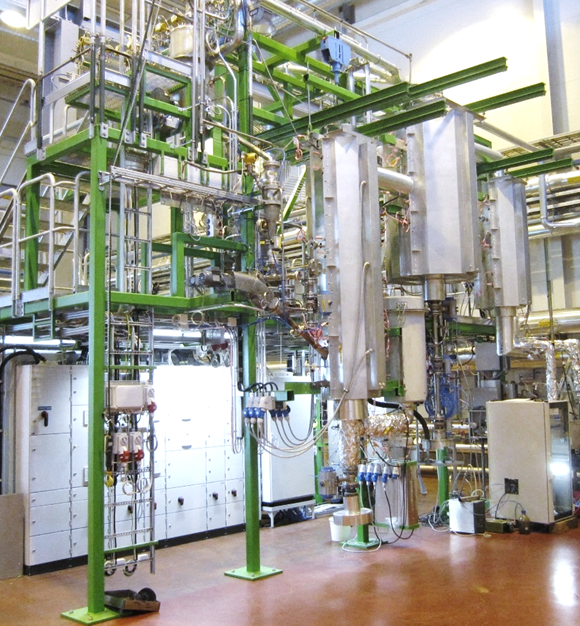
In the quest for sustainable aviation, the Fischer-Tropsch (FT) process has emerged as a game-changer. This innovative technology, originally developed in the early 20th century, is experiencing a renaissance in the modern world as a means of producing sustainable aviation fuel (SAF). Let's explore how the Fischer-Tropsch process is transforming the aviation industry by providing a cleaner and more sustainable source of jet fuel.
The Need for Sustainable Aviation Fuel
The aviation industry is under increasing pressure to reduce its carbon footprint. Conventional jet fuels derived from crude oil are a major contributor to greenhouse gas emissions. To address this challenge, researchers have been actively seeking alternatives that are both environmentally friendly and economically viable. Enter the Fischer-Tropsch process.
Understanding the Fischer-Tropsch Process
The Fischer-Tropsch process is a chemical transformation method that converts a variety of feedstocks, including natural gas, biomass, and coal, into liquid hydrocarbons. These hydrocarbons can be further refined into high-quality fuels, including jet fuel. The process involves three main steps: gasification, synthesis, and refining.
Gasification: In this initial stage, the feedstock is converted into syngas (synthesis gas), which is a mixture of carbon monoxide (CO) and hydrogen (H2). The choice of feedstock can vary - in the case of PlasJet we will use plastic waste.
Synthesis: The syngas is then subjected to the Fischer-Tropsch synthesis, a catalytic chemical reaction that transforms CO and H2 into longer-chain hydrocarbons. These hydrocarbons can be tailored to meet specific fuel requirements, including those of aviation.
Refining: The synthesized hydrocarbons undergo refining processes to remove impurities and adjust properties such as freezing point and viscosity, making them suitable for use as aviation fuel.
Advantages of the Fischer-Tropsch Process for SAF
The Fischer-Tropsch process offers several key advantages in the production of sustainable aviation fuel:
Reduced Carbon Footprint: FT-SAF has a lower carbon footprint compared to traditional fossil-based jet fuels, as it can be derived from carbon-neutral or low-carbon feedstocks like biomass or natural gas.
Customizable Properties: The FT process allows for the production of jet fuel with precise specifications, ensuring compatibility with existing aircraft engines and infrastructure.
Energy Security: The versatility of feedstock sources reduces dependency on a single resource, enhancing energy security and resilience.
Waste Conversion: Biomass and waste materials can be converted into FT-SAF, reducing landfill waste and mitigating environmental impacts.
The Fischer-Tropsch process is breathing new life into the quest for sustainable aviation fuel. Its ability to convert diverse feedstocks into high-quality jet fuel with a reduced carbon footprint positions it as a critical player in the aviation industry's efforts to combat climate change. As technology advances and economies of scale are realized, FT-SAF may become a staple of sustainable air travel, allowing us to soar through the skies with a cleaner conscience.

Comments